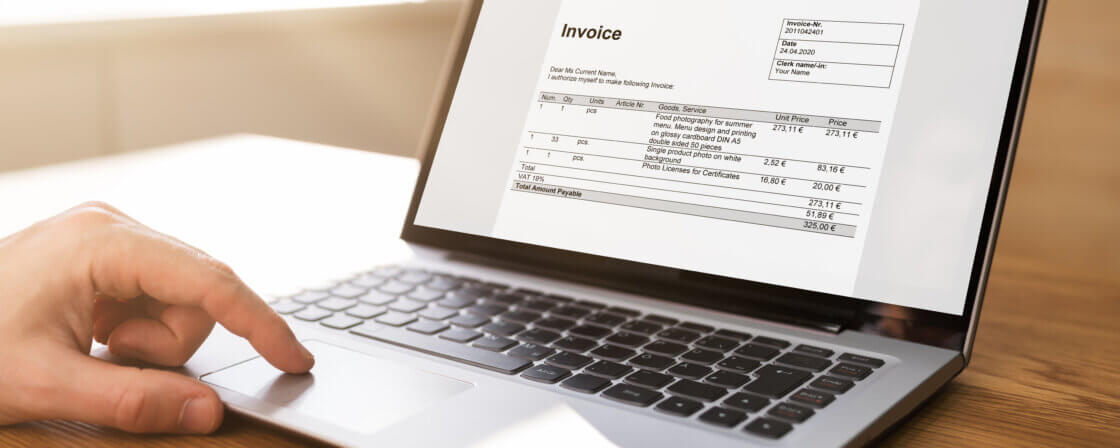What is the debtors’ register and why it exists
The debtors’ register is a database that collects information on natural and legal persons who do not meet their financial obligations. These debts can be, for example, outstanding loans, unpaid invoices, unpaid telephone services or debts to the state.
The aim of these registers is to protect creditors, such as banks or operators, from risky clients. But they are also important for the debtors themselves, helping them to better understand their financial situation and prevent further debt.
What kind of debtor registers do we have in the Czech Republic?
There are several different debtor registers in the Czech Republic – some are non-public and serve banks and companies, others are public and available online. They can be divided into four main groups.
Bank registers: BRKI and NRKI
These registers mainly serve financial institutions, i.e. banks, savings banks, credit or leasing companies. They check the financial soundness of their clients. Both positive and negative information on credit history is recorded here. This means not only that you have fallen behind on your repayments, but also that you are paying your debts on time. This can play an important role, for example, when applying for a mortgage.
- BRKI – Bank Register of Customer Information (operated by CBCB – Czech Banking Credit Bureau)
- NRKI – Non-Banking Customer Information Register (operated by CNCB – Czech Non-Banking Credit Bureau)
Both registers cooperate and share data on the credit history of individuals. If you request a statement, you will usually get a joint statement from BRKI and NRKI. This will give you a complete overview of all liabilities and their repayment.
Are you solving a similar problem?
Not sure why you are on the debtors' register? We can help you
A registry entry can catch you off guard – especially if it’s wrong or unfair. Use our legal advice service for your query and we can help you find out why you are there, how to defend yourself or how to get the record removed.
That's what I'm wondering
- When you order, you know what you will get and how much it will cost.
- We handle everything online or in person at one of our 6 offices.
- We handle 8 out of 10 requests within 2 working days.
- We have specialists for every field of law.
SOLUS – Association for the Protection of Leasing and Consumer Credit
SOLUS is another major debtor registry, this time focused more on the consumer sector. SOLUS collects information on people who owe debts to mobile operators, energy companies, repayment companies, insurance companies, as well as some banks. If you do not pay your phone or electricity bill, for example, you are likely to find yourself on this list of debtors.
SOLUS allows individuals to get a statement in several ways – the fastest way is via data box or mobile app. You will pay for the statement (approx. CZK 125-449), but it will give you an overview of whether and why you are on the management register, as well as who has entered the information into the register.
Publicly accessible debtor registers
In addition to the databases mentioned above, there are also public debtors’ registers which can be consulted by anyone without the person’s consent. They are often used by employers, landlords or business partners who want to check the financial credibility of another party.
- The Insolvency Register records all persons (natural and legal) who are in insolvency proceedings.
- The Central Registry of Enforcement (CEE) provides a list of all persons against whom enforcement proceedings are pending. Access is fee-based and is exclusively for registered users.
In particular, the insolvency register is an excellent tool if you want to have a quick check of who you are dealing with, for example, before entering into a contract. You can find out not only that someone is bankrupt, but also who their insolvency administrator is, the progress of the proceedings, the list of creditors, etc.
Central Register of Debtors (CERD) – beware of a fake register
The so-called Central Register of Debtors (CERD) deserves special attention. Although this website gives the impression of being an official database, it is in fact not an official register. It is not linked to any government office or financial institution.
On the contrary, CERD has been criticised many times in the past by experts and the media for its misleading presentation. Many people have believed that it is a real debtors’ register and have unnecessarily paid fees to extract or remove allegedly negative entries. The Ministry of Justice, the Czech National Bank and other institutions have repeatedly distanced themselves from the project.
Therefore, if you are looking for relevant information about your credit history or indebtedness, use only the official and verified debtor registers mentioned above.
Who can consult the debtors’ register
Access to the various registers is available to creditors (e.g. banks, leasing companies, telephone operators), individuals (each person has the right to obtain a statement about himself or herself, but usually for a fee) and public institutions (in certain cases, e.g. in the context of criminal or administrative proceedings).
For example, before you take out a loan, you can check whether you are listed somewhere. This could be of particular interest if you have been sued before, sent a reminder or if you have had problems with invoices.
What to do if you find yourself on a debtors list
Have you found out that you are on a debtors’ register? Then we recommend you take the following four steps.
- Find out exactly where and why you are keeping. Not all registers give detailed information, and in some cases you will need to request an extract.
- Check that the details are correct. If you suspect an error has been made, you have the right to have it corrected. You can ask the registry administrator to correct it or contact the Data Protection Authority.
- Pay the debt and request deletion. In most registers, information about the debt remains for a certain period of time after payment (e.g. 1-4 years), but if it is an erroneous record, you can seek to have it removed quickly.
- Consider getting legal help. If you are unable to seek redress or are unsure of your rights, contact us. We can help you with data erasure and any legal action.
How do I get off the debtors’ register?
It sounds trivial, but the most effective defence is always prevention. Keep an eye on your debts. Communicate with your creditors in a timely manner, as it is often possible to agree a forbearance or repayment schedule with them. Use tools to help you keep track of your financial obligations. Don’t enter into contracts you don’t understand – if in doubt, use our legal advice service.
Being on the debtors’ register is not automatically a sign of dishonesty. It is often the result of a difficult life situation. But it is also important to work with these details, both when checking them and if you believe you are being held on the debtors’ register illegally.
Summary
The debtors’ register is a database of people who have defaulted on their financial obligations – this could be loans, invoices or utility bills. There are four main types of registers in the Czech Republic: the BRKI and NRKI (bank and non-bank registers that record positive and negative credit data), SOLUS (focused on consumer debts with operators or insurance companies), public registers such as the Insolvency Register and the Central Register of Enforcements (accessible online or for a fee). The so-called Central Register of Debtors (CERD), which is not official and is considered misleading, deserves a warning. The registers can be consulted by creditors, the state and the debtors themselves. If you find yourself on the register, find out the reason, verify the accuracy of the data, pay the debt, ask for it to be deleted, and contact a lawyer if there are problems. The best defence is prevention – keeping track of liabilities, communicating early and being careful when signing contracts.




